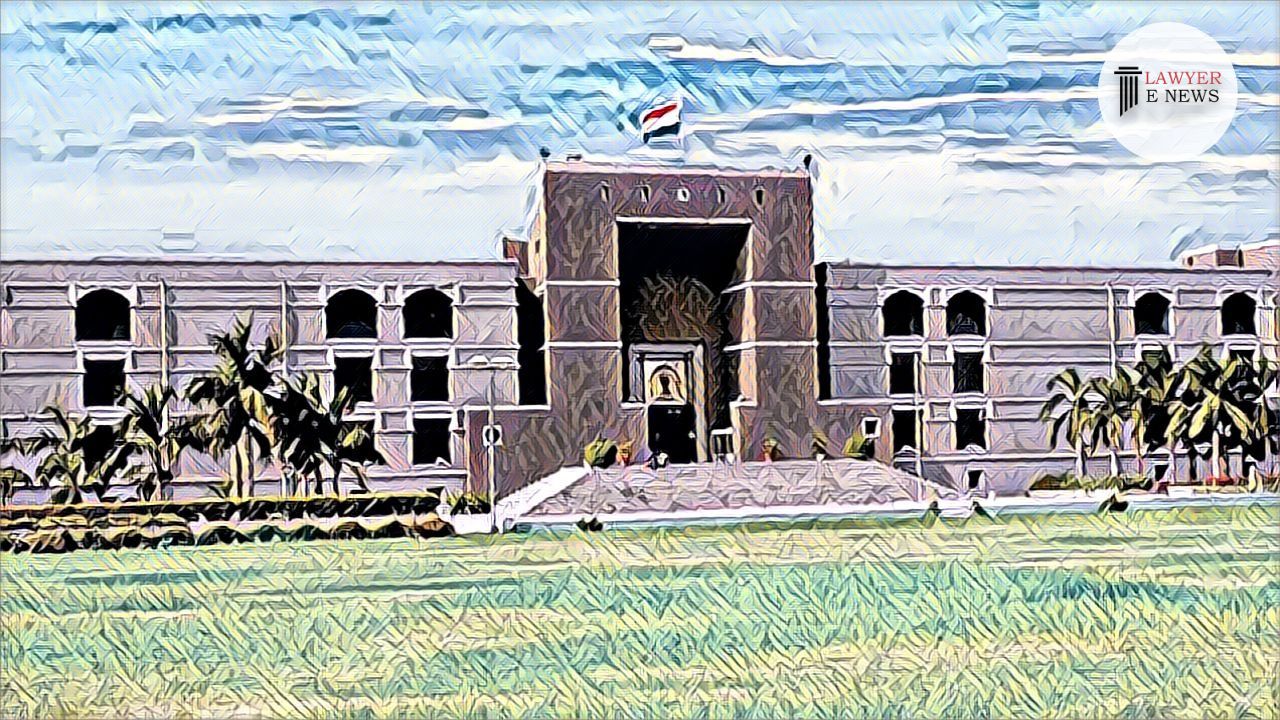-
by Admin
15 February 2026 5:35 AM



High Court upholds acquittal citing unreliable dying declaration and hostile witnesses in 1997 double murder case.
The Gujarat High Court has dismissed the State’s appeal against the acquittal of the respondents in a high-profile double murder case from 1997. The judgment, delivered by a bench comprising Justices Ilesh J. Vora and Niral R. Mehta, emphasized the insufficiency of oral dying declarations without corroborative evidence and the impact of hostile witnesses on the prosecution’s case.
The case involved the alleged abduction and murder of Ranchhodbhai and his son Arvind on December 19, 1997. The prosecution claimed that the accused, suspecting Arvind of theft, abducted and brutally beat the victims at a farm owned by one of the accused, leading to their deaths. The trial court acquitted the accused in 1999, citing unreliable evidence, which led the State to file the present appeal.
Oral Dying Declaration: The High Court scrutinized the reliability of the oral dying declaration purportedly made by Arvind. The court observed, “The deceased was in a semi-conscious state and unable to speak, as confirmed by medical evidence. The absence of a written record of the dying declaration further diminishes its credibility.” The trial court’s skepticism towards the dying declaration was deemed reasonable by the High Court, which found no corroborative evidence to support the claim.
Hostile Witnesses: The prosecution’s case was severely undermined by key witnesses turning hostile. The court noted, “The injured eyewitness and other crucial witnesses did not support the prosecution’s case during the trial.” This lack of consistent and reliable testimony led to the failure to establish the accused’s guilt beyond a reasonable doubt.
The judgment highlighted the principles governing appeals against acquittals, emphasizing the double presumption of innocence. “In cases of acquittal, there is a double presumption of innocence – once at the trial and again on appeal,” the court reiterated. The bench referred to established legal precedents, underscoring that appellate courts should not interfere with trial court acquittals unless the findings are perverse or entirely unreasonable.
Justice Ilesh J. Vora remarked, “The oral dying declaration does not inspire confidence and, without corroboration, cannot form the basis of a conviction. The trial court’s demand for corroborative evidence was justified and in line with judicial prudence.”
The High Court’s judgment affirms the trial court’s acquittal, reinforcing the necessity of credible and corroborative evidence for convictions in serious criminal cases. This decision underscores the judiciary’s commitment to upholding the principles of criminal justice and the rights of the accused. The ruling is expected to impact the evaluation of dying declarations and witness testimonies in future cases.
Date of Decision: 14th May 2024
State of Gujarat v. Shashikant Gordhanbhai Patel & Ors.
